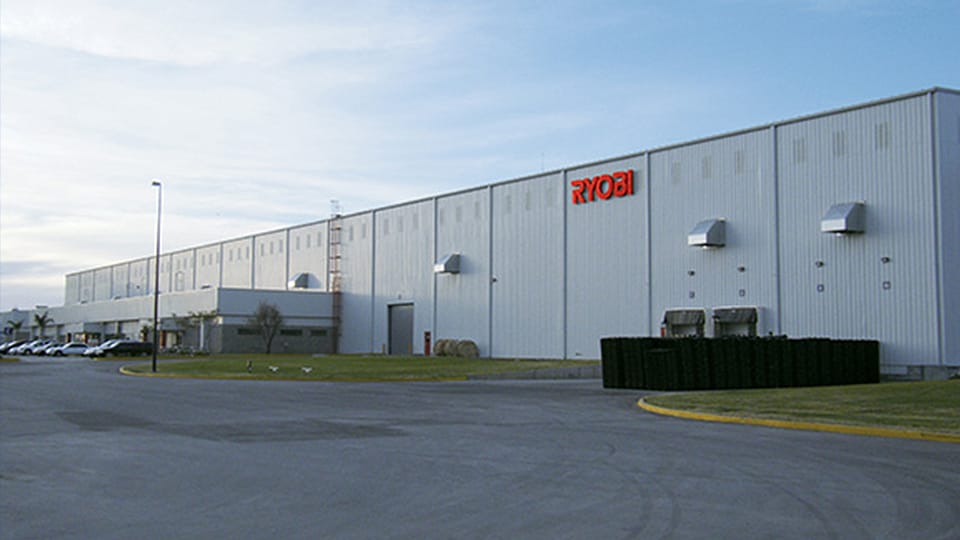Unpacking Sam Altman’s Concerns about AI and the Economy: Disruptive Tech and Its Implications on Jobs, Wages, and Labor Markets
Sam Altman, CEO of OpenAI, expressed concern about the impact of AI on the economy during a panel discussion at the Brookings Institute. Rather than focusing on the potential spread of AI-generated misinformation affecting elections, Altman emphasized his worries about the speed and magnitude of socioeconomic change that AI advancements could bring.
Altman noted that discussions about AI’s effect on the economy have quieted down compared to previous years, but he stressed the importance of taking these concerns seriously and not dismissing them based on immediate impacts. He expressed fear that the issue could be overlooked despite its significant implications.
Recent research has suggested that AI could disrupt the economy, with studies pointing to a significant impact on job markets in advanced economies. Automation driven by AI technology could lead to less hiring and lower wages, potentially requiring millions of workers to switch jobs by 2030. Some workers have already experienced job losses or displacement due to AI technology, such as AI chatbots replacing staff in some companies.
While some are optimistic about the potential benefits of AI technology in boosting productivity and improving job prospects, Altman remains concerned about its impact on the labor market. In a previous interview, he expressed fear about the potential negative effects of tools like ChatGPT on job security, cautioning against dismissing the risks associated with AI advancements. Ultimately, Altman’s remarks suggest a need for greater consideration of the socioeconomic implications of AI on society.
